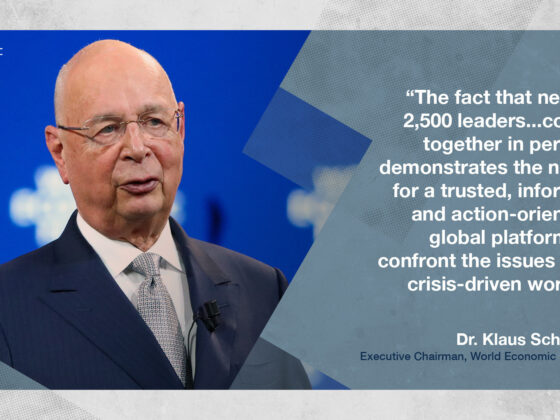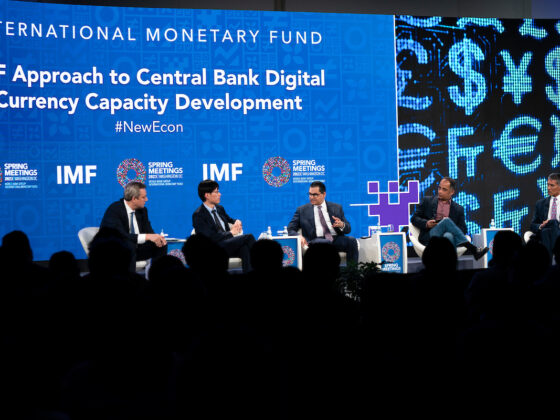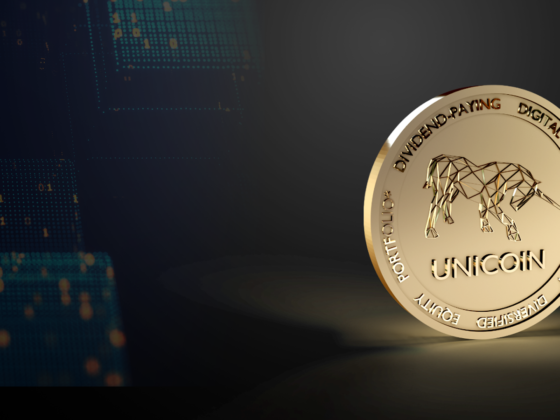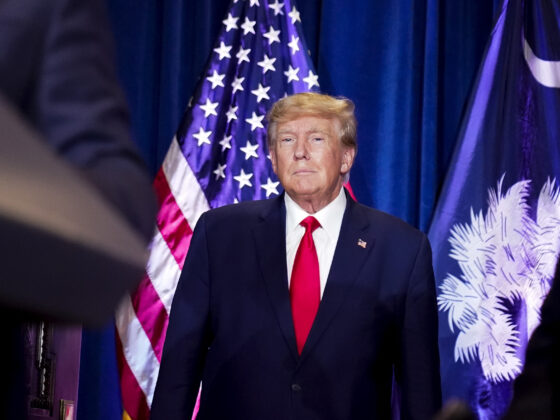Imagine for a moment, you’re at the grocery store checkout. The clerk is scanning your purchases and bagging them. She attempts to put through a nice roast you had picked out but instead of bagging it, she informs you that your ‘request to purchase’ the roast had been declined as your carbon credits had been exceeded. She tosses the roast into a bin, filled with other packaged meats, to get returned to the shelf.
And it takes just a quick look at the WEF’s page to see that if you live in North America and eat meat, they’re coming for you.
Aha, but you have no intention of getting that silly DO card. And neither do I (pun intentional). {Cryptocurrency enters the chat}
Currently, various cyptocurrencies available are ‘decentralized’, meaning that not one entity controls them. However, what if Central Banks began issuing cryptocurrency themselves? This would be a centralized system under the authority and control of the government. This would permit the government to track every transaction made with it. It could have strings attached, so that it could only be spent under certain circumstances. Horrific, right?
It would be trivially easy to begin the process of replacing cash with digital money. First, it’ll be optional while the infrastructure is established. It’ll be convenient to encourage it’s use. Then government payments will only be issued in their cryptocurrency, to ‘combat fraud and reduce administration costs’ or some other made up trope. You want your tax rebate? Guess what, you better have a cyptowallet, and that needs to be linked to your digital ID, friend.
A couple more intermediate steps and whammo, full centralized cryptoeconomy and all other cyptos are banned.
Now, what they can do with this is the real nightmare fuel. Someone else will get to decide about YOUR carbon footprint and what YOU will do to fix it. Eat too much meat? Request to purchase denied. Play too many videogames? Request to purchase denied. Over your alcohol budget this month? Request to purchase denied. Want to donate to a political movement that government doesn’t like? Blocked. Organize or participate in a protest against the government? Accounts frozen. It’s no longer your money. It belongs to the government and you get to use it on their whim. If it sounds horrible, that’s because it is.
Sustainable investing covers a range of activities, from putting cash into green energy projects to investing in companies that demonstrate social values such as social inclusion or good governance by having, for example, more women on their boards.
Yes, ‘sustainable investing’ can be shaped with crypto. Imagine if the government had the power to limit or stop investments with certain companies or sectors. They could throttle or crush any business they wanted. We’re living in dangerous times, indeed.














